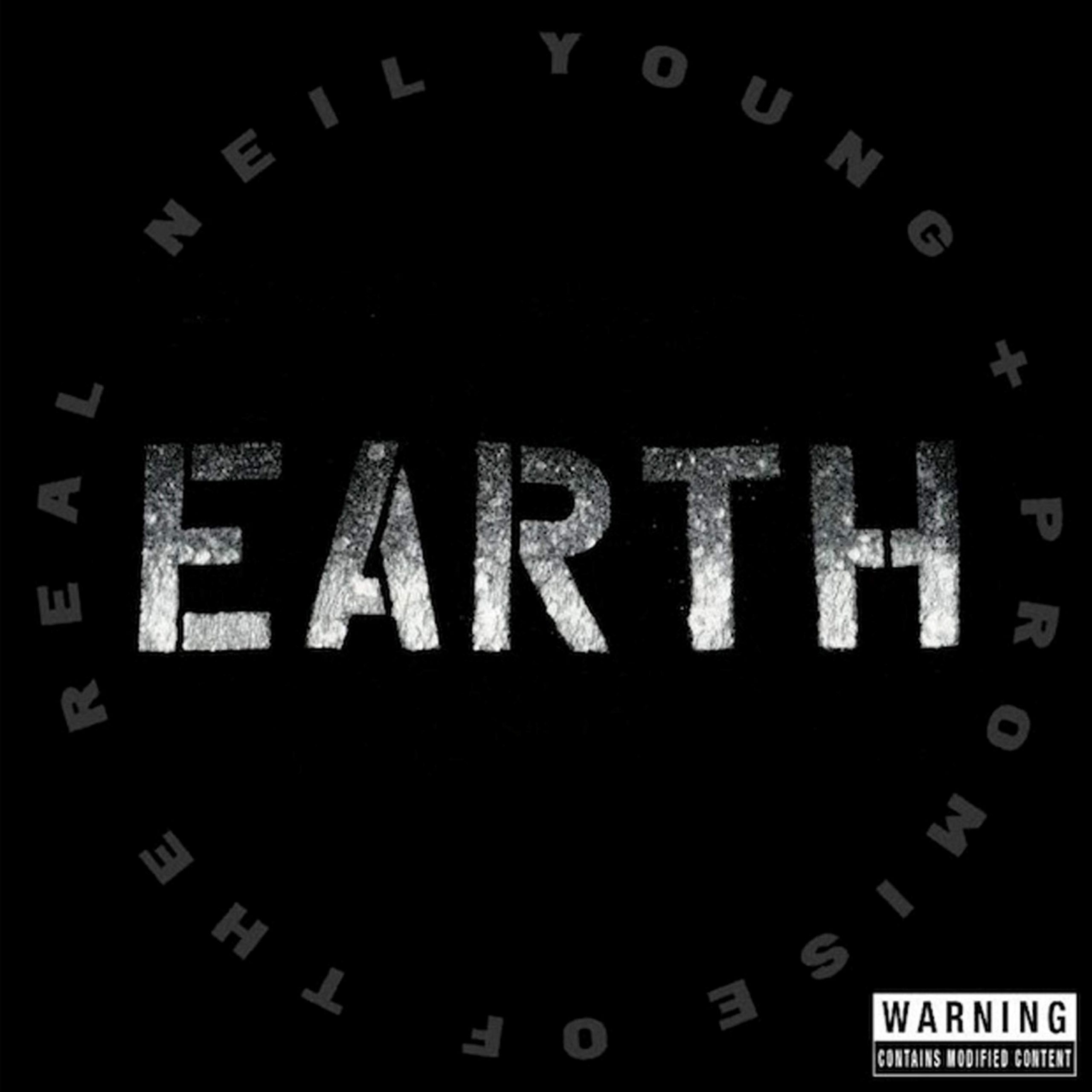What the Heck Is THCA, and Why Is Everyone Talking About It?
If you’ve been scrolling cannabis TikTok or browsing dispensary menus lately, you’ve probably seen a new acronym popping up: THCA.
No, it’s not a typo. THCA—short for tetrahydrocannabinolic acid—is the non-psychoactive precursor to THC, the compound responsible for getting you high. And while it won’t do much for your buzz in its raw form, this cannabinoid is quickly becoming one of the most talked-about compounds in the cannabis world.
So, what’s the deal?
THCA is found in raw and live cannabis plants. It’s essentially THC before heat is applied. Through a process called decarboxylation—which happens when cannabis is smoked, vaped or baked—THCA loses a carboxyl group and becomes the THC we all know and love.
Here’s where it gets interesting: THCA itself doesn’t get you high, but when heated, it becomes delta-9 THC. That’s led to a legal gray area in some states. Because THCA products aren’t technically THC until activated by heat, they’re being sold in places where traditional weed isn’t legal—raising eyebrows and prompting debate.
Some hemp-derived THCA flower looks, smells and smokes just like high-THC cannabis. It’s often labeled as compliant under the 2018 Farm Bill, which legalized hemp with less than 0.3% delta-9 THC. But if that flower is packed with THCA, lighting it up still delivers a potent high—potentially sidestepping state cannabis laws entirely.
That loophole has drawn attention from both lawmakers and consumers. For buyers in prohibition states, THCA flower offers a workaround. For regulators, it’s a growing concern.
Beyond the legal buzz, THCA is also making waves for its potential therapeutic benefits. Some studies suggest it may have anti-inflammatory, neuroprotective and anti-nausea properties. People who juice raw cannabis leaves or use unheated tinctures are already incorporating THCA into their wellness routines—without the high.
Still, the science is young, and more research is needed to fully understand how THCA works in the body.
Whether you’re into cannabis for medical or recreational use, it’s clear THCA is more than just the new kid on the cannabinoid block. As the market continues to evolve, expect to see more products, more controversy and a lot more conversation around what THCA is—and what it isn’t.
For now, one thing’s certain: This cannabinoid isn’t staying in THC’s shadow much longer.













